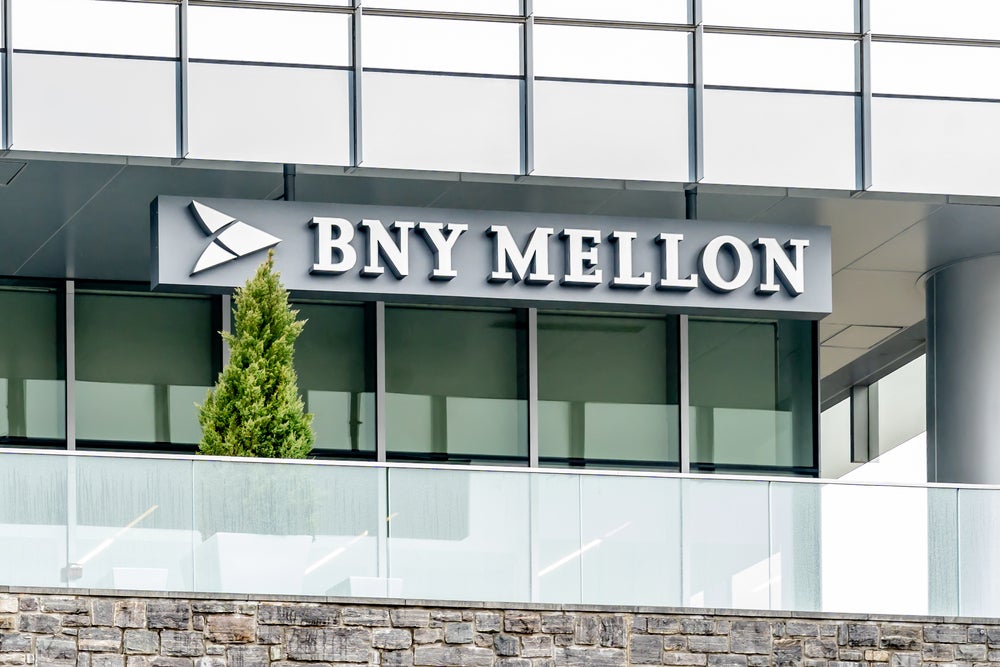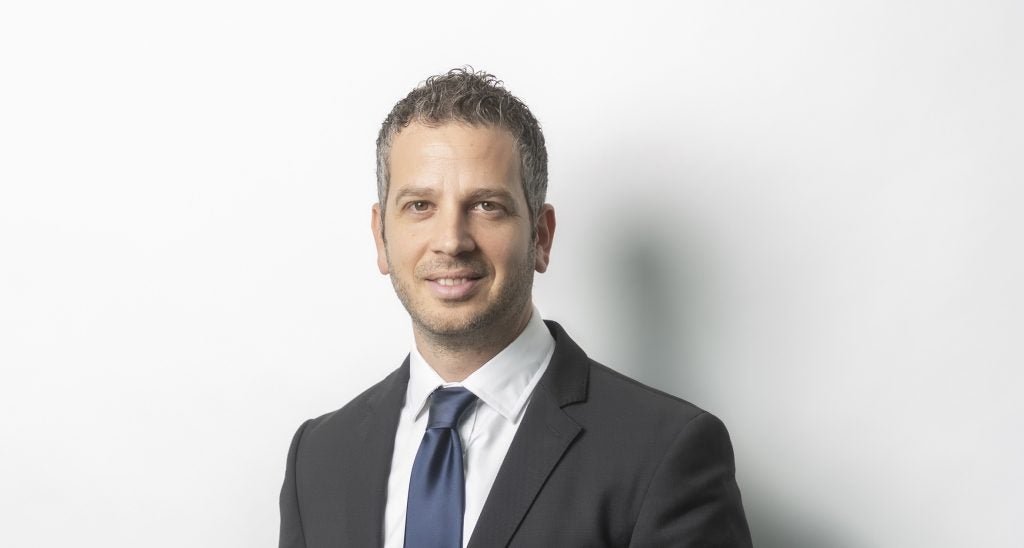One of the prevailing aims of a family office is to organise the network of a family’s assets so that they are protected for future generations and importantly that the real value of the assets is maintained over the longer term.
There are many factors that can contribute to the erosion of family assets which are unconnected to the investment performance. These include:
- claims and creditors
- political and jurisdictional factors
- counter-party risk
- tax
- unwise spending decisions
- family conflict and divorce
- The traditional defence to some of these factors is to choose one of more jurisdictions and then "wrap" the assets in suitable vehicles.
The over-riding aim should be to structure the families’ affairs as tax efficiently, flexibly and simply as possible while taking account of their current and likely future economic and social needs.
For an international family, typically this will involve one or more of the following:
- a private trust company, owned by a foundation; a new vehicle, the Bahamas executive entity (BEE); or a purpose trust;trusts, in suitable jurisdictions
- companies and other entities, again in suitable jurisdictions.Sometimes companies may act as
- nominees.
In some jurisdictions, other wrappers such as limited partnerships (LPs), open ended investment companies (OEICs) or protected cell companies (PCCs) will be appropriate vehicles.
The choice of jurisdiction is important and advice from experts familiar with the different legal systems around the world is essential.
How well do you really know your competitors?
Access the most comprehensive Company Profiles on the market, powered by GlobalData. Save hours of research. Gain competitive edge.

Thank you!
Your download email will arrive shortly
Not ready to buy yet? Download a free sample
We are confident about the unique quality of our Company Profiles. However, we want you to make the most beneficial decision for your business, so we offer a free sample that you can download by submitting the below form
By GlobalDataA significant part of a family office service is to act as the family’s ‘financial director’ independently of the family, with this role including the management of family conflict.
This might be against the background of a family governance framework as expressed in a family policy.
A number of potential pitfalls can be avoided by maintaining harmony between family members by giving a clear breakdown of the assets and regular communication.
Factions within the family are most likely to evolve on the back of suspicion rather than fact, and simple transparency can overcome this problem.
Once the structure to hold a family’s assets is in place, then establishing the correct investment mandate is paramount to long-term preservation.
Even family assets where there is no intention to sell in the near term need to have suitable investment and governance structures in place.
Inflation-linked products
For more liquid assets, the investment options to protect the assets are more diverse.
Inflation has, over time, proved to be one of the significant risks to the preservation of wealth. One way to mitigate it is through index-linked sovereign debt.
However, like many investments, a long-term approach is necessary.
Some of the other investments that may be appropriate, as well as fixed income and equities, are alternative investments such as gold, hedge funds and private equity.
Their suitability will depend on the individual requirements of each of the family members.
Given the diverse nature of many families, individuals should be looked at on a standalone basis so that their investment mandate is pertinent to them.
Many family office strategies are built on long-term horizons, however the need for liquidity of investments is key to be able to exploit the opportunities that changing market condition provide.
The objective of a family office is to protect assets for future generations. This is complex and must be driven by the legal and tax structures in which the assets are held.
From that, the composition of the investment portfolios will follow.
What is as important is that no one member of a family has the exact needs and risk parameters of another.
Hence the family office must recognise the needs of individual family members as well as the family collectively.
The key, then, to long-term protection of the assets is a close relationship between the family and their advisers, and the flexibility to adapt as circumstances change.
The article’s authors, Charles Gowlland, Mark McMullen and Tommy Shillington, are directors of investment management at UK investment management and accountancy group Smith & Williamson







